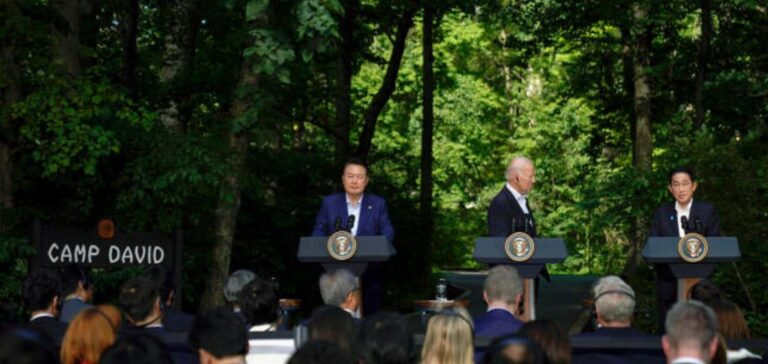The US National Nuclear Security Administration (NNSA) recently strengthened its relationship with Japan and South Korea by signing declarations of intent to improve the proliferation resistance of research reactors. The agreements were signed in Tokyo and Seoul as part of the PRO-X (Proliferation Resistance Optimization) program launched by NNSA in 2019.
Strategic agreements for nuclear safety
NNSA Administrator Jill Hruby and Japanese Vice-Minister of Education, Culture, Sports, Science and Technology Hiroshi Masuko signed an initial agreement in Tokyo. Shortly afterwards, a similar agreement was signed with Lee Chang-Yoon, South Korea’s Vice Minister of Science, Information and Communication Technology in Seoul. The aim of these agreements is to incorporate proliferation resistance concepts right from the design phase of new research reactors.
Implications for the future of nuclear technology
Under the aegis of the PRO-X program, these collaborations are designed to proactively integrate non-proliferation into the design of nuclear reactor systems. This includes the reactor core, fuel and auxiliary facilities, while maintaining the safety and peaceful use of these systems.
Regional and global impact
By combining the efforts of Japan, South Korea and the USA, these agreements set a new standard in the design and deployment of research reactors, reinforcing global nuclear non-proliferation standards. This demonstrates the commitment of the countries involved to preventing the spread of sensitive nuclear technologies.
The agreements between the NNSA, Japan and South Korea symbolize a milestone in international cooperation for nuclear non-proliferation. These initiatives show how strategic partnerships can play a crucial role in securing the world’s energy future, while maintaining the highest standards of safety and non-proliferation.






















